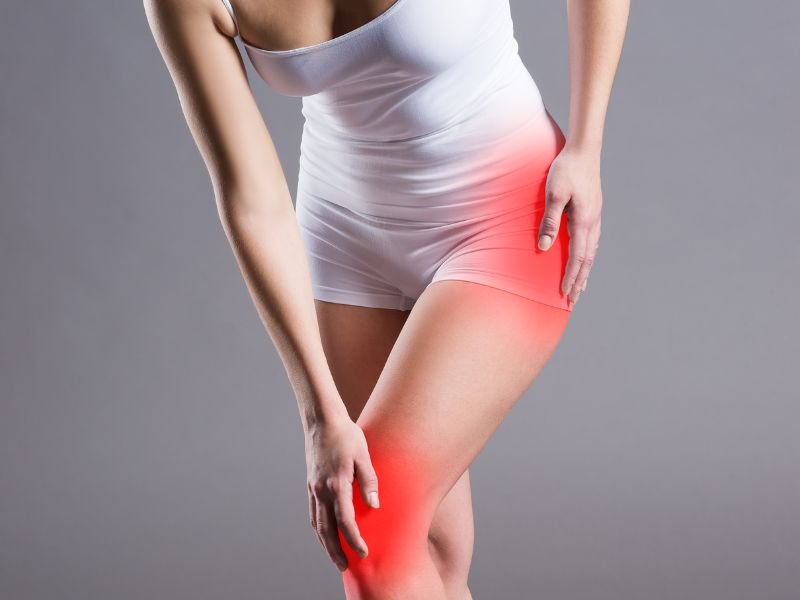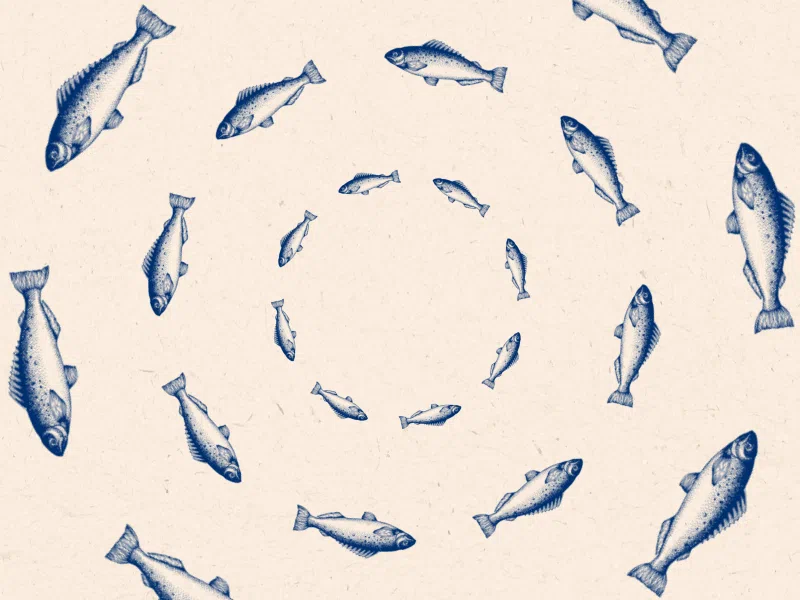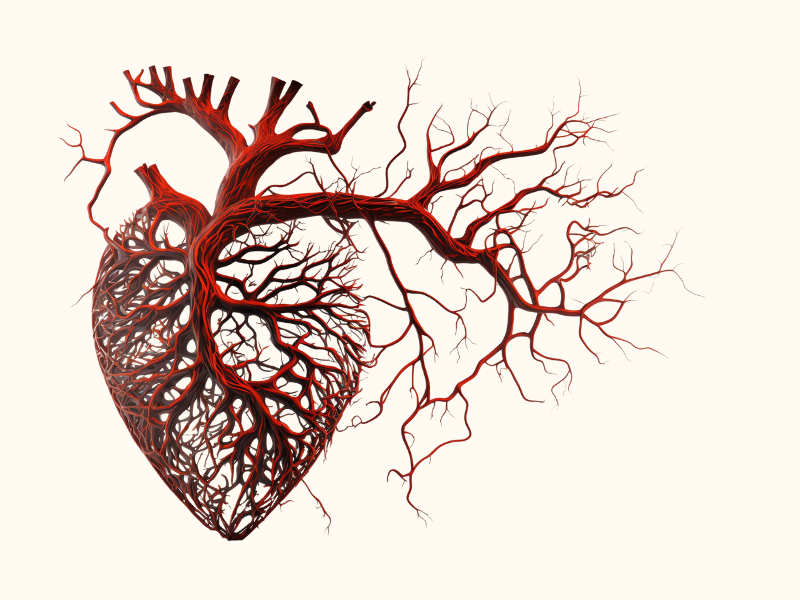27/11/2023
Astaxanthin: A Natural Remedy for Radiant Skin
What is astaxanthin? Astaxanthin is a potent red carotenoid and is found in specific microalgae. It's known for its remarkable antioxidant and anti-inflamatory properties.
In the past, it has been known for its contributions to eye (1), brain (2) and heart health (3). Recent scientific discoveries highlight its role in safeguarding skin health.
Guards Against Environmental Assaults
Scientists have found astaxanthin's capacity to shield the skin. By inhibiting factors which cause skin damage, it fortifies the skin's structure and functionality. (4, 5)
This defence mechanism proves crucial, as ageing skin extends beyond aesthetics, impacting overall health and well-being.(6)
Importance of Skin Health
The skin is a multifaceted organ: (7)
- Serving as a barrier against infections
- Regulating body hydration and temperature
- Acting as the frontline defender against environmental toxins
Signs of ageing, such as wrinkles and dryness, signify more than cosmetic concerns. (6) They are indicators of a decline in skin integrity and functionality. (8, 9)
Anti-Ageing Calue
Asaxanthin and skin damage reduction
Astaxanthin, with its robust antioxidant and anti-inflammatory properties, takes on two primary culprits of skin ageing: environmental pollutants and UV light exposure.
Scientific evidence reveals its ability to:
- Reduce the secretion of MMP-1, a protein-degrading enzyme triggered by air pollution (4, 10)
- Suppress the production of inflammatory cytokines induced by UV rays (12)
- Defence against UV damage (4, 11, 13)
- UV radiation stands as a potent force behind skin deterioration (4, 10, 14)
Astaxanthin emerges as a targeted defender, with studies indicating its ability to prevent UV-induced loss of antioxidants, restoring diminished levels of protective enzymes, and combating the expression of pro-inflammatory cytokines.
Astaxanthin supplement: A shield for your skin
Taking astaxanthin orally has been proven to slow skin deterioration caused by age, pollution, and sun exposure.
Clinical trials demonstrate its efficacy in preventing wrinkles, (15) moisture loss, and UV-induced damage, enhancing both the appearance and health of the skin. (16)
Scientists have discovered astaxanthin's capability to shield the skin from the effects of pollutants and aging. The studies showed that astaxanthin:
- Can improve skin wrinkles, elasticity, and texture (17, 18)
- Boost the skin moisture content while reducing skin water loss, (17,18)
- Inhibits the underlying processes which produce wrinkles and age spots, (17-19)
- Enhances collagen production in skin cells, which helps maintain or restore the skin's youthful plumpness and firmness. (20)
These findings show that astaxanthin can help prevent the visible signs of skin aging and pollutants, and protect some of its critical barrier functions such as water retention.
Other benefits of Astaxanthin
Astaxanthin can also benefits the liver, heart, and immune system. Research suggests that astaxanthin can play a role in promoting cardiovascular health. Read more here.
Astaxanthin dangers: Understanding the risks
While astaxanthin offers a plethora of benefits, it's crucial to approach its supplementation with awareness. Potential interactions or side effects may exist.
Consulting with a healthcare professional is advisable, especially for those with pre-existing conditions or those taking other medications.
Read More Blog Posts
- Stimulating skin health starting from within
- B vitamins and their newly discovered necessity
- NAD+ Stem cell renewal and mitochondria regeneration
- See all blog posts
References
- Giannaccare G, Pellegrini M, Senni C, et al. Clinical Applications of Astaxanthin in the Treatment of Ocular Diseases: Emerging Insights. Mar Drugs.2020May 1;18(5).
- Galasso C, Orefice I, Pellone P, et al. On the Neuroprotective Role of Astaxanthin: New Perspectives? Mar Drugs.2018Jul 24;16(8).
- Kato T, Kasai T, Sato A, et al. Effects of 3-Month Astaxanthin Supplementation on Cardiac Function in Heart Failure Patients with Left Ventricular Systolic Dysfunction-A Pilot Study. Nutrients.2020Jun 26;12(6).
- Tominaga K, Hongo N, Fujishita M, et al. Protective effects of astaxanthin on skin deterioration. J Clin Biochem Nutr.2017Jul;61(1):33-9.
- Komatsu T, Sasaki S, Manabe Y, et al. Preventive effect of dietary astaxanthin on UVA-induced skin photoaging in hairless mice. PLoS One. 2017;12(2):e0171178.
- Murphree RW. Impairments in Skin Integrity. Nurs Clin North Am. 2017Sep;52(3):405-17.
- Lopez-Ojeda W, Pandey A, Alhajj M, et al. Anatomy, Skin (Integument). StatPearls. Treasure Island (FL): StatPearls PublishingCopyright © 2023, StatPearls Publishing LLC.; 2023.
- Burke KE. Environmental aging of the skin: new insights. Plastic and Aesthetic Research. 2020;2020:59.
- Farris PK, Valacchi G. Ultraviolet Light Protection: Is It Really Enough? Antioxidants (Basel).2022Jul 29;11(8).
- Davinelli S, Nielsen ME, Scapagnini G. Astaxanthin in Skin Health, Repair, and Disease: A Comprehensive Review. Nutrients.2018Apr 22;10(4).
- Kim KE, Cho D, Park HJ. Air pollution and skin diseases: Adverse effects of airborne particulate matter on various skin diseases. Life Sci. 2016May 1;152:126-34.
- Imokawa G, Nakajima H, Ishida K. Biological mechanisms underlying the ultraviolet radiation-induced formation of skin wrinkling and sagging II: over-expression of neprilysin plays an essential role. Int J Mol Sci. 2015Apr 8;16(4):7776-95.
- Chen Y-T, Kao C-J, Huang H-Y, et al. Astaxanthin reduces MMP expressions, suppresses cancer cell migrations, and triggers apoptotic caspases of in vitro and in vivo models in melanoma. Journal of Functional Foods. 20172017/04/01/;31:20-31.
- Chang MX, Xiong F. Astaxanthin and its Effects in Inflammatory Responses and Inflammation-Associated Diseases: Recent Advances and Future Directions. Molecules.2020Nov 16;25(22).
- Zhou X, Cao Q, Orfila C, et al. Systematic Review and Meta-Analysis on the Effects of Astaxanthin on Human Skin Ageing. Nutrients. 2021Aug 24;13(9).
- Singh KN, Patil S, Barkate H. Protective effects of astaxanthin on skin: Recent scientific evidence, possible mechanisms, and potential indications. J Cosmet Dermatol.2020Jan;19(1):22-7.
- Tominaga K, Hongo N, Karato M, et al. Cosmetic benefits of astaxanthin on humans subjects. Acta Biochim Pol.2012;59(1):43-7.
- Yoon HS, Cho HH, Cho S, et al. Supplementating with dietary astaxanthin combined with collagen hydrolysate improves facial elasticity and decreases matrix metalloproteinase-1 and -12 expression: a comparative study with placebo. J Med Food.2014Jul;17(7):810-6.
- Nakajima H, Fukazawa K, Wakabayashi Y, et al. Abrogating effect of a xanthophyll carotenoid astaxanthin on the stem cell factor-induced stimulation of human epidermal pigmentation. Arch Dermatol Res.2012Dec;304(10):803-16.
- Nakajima H, Terazawa S, Niwano T, et al. The Inhibitory Effects of Anti-Oxidants on Ultraviolet-Induced Up-Regulation of the Wrinkling-Inducing Enzyme Neutral Endopeptidase in Human Fibroblasts. PLoS One.2016;11(9):e0161580.







